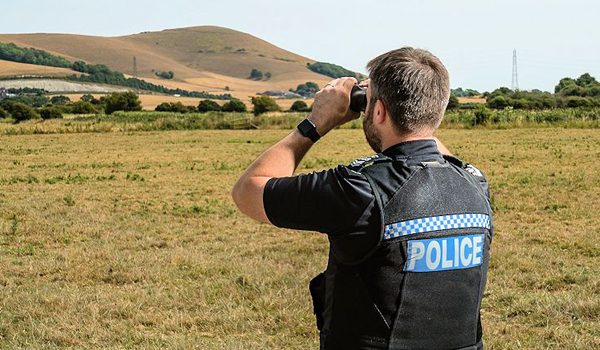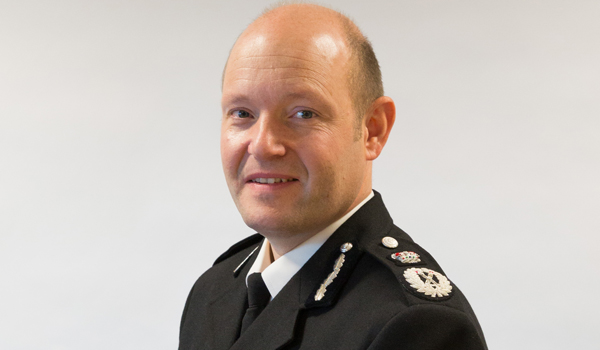Unlocking the power of tech
How can technology revolutionise policing and restore public trust? Simon Heath examines the benefits of integrating technology with traditional methods.
In April 2024, the former Chancellor, Jeremy Hunt, earmarked significant funds towards policing and crime prevention, including a notable £230 million for advancing police technology. This funding aims to enhance operational efficiency through innovative solutions such as video reporting of crimes and drone-first responses.
While this financial injection seems promising, the reality of police funding and public safety is complex.
Despite a £18.4 billion policing budget – an £843 million increase from 2023 – police forces in England and Wales still face a nuanced challenge. The narrative often focuses on exciting technology advancements such as more drones for the police, but there’s a broader context to consider. Since 2010, central government police funding has dropped by about 20 per cent in real terms, leading to reduced physical presence and community engagement due to the closure of stations and fewer local officers.
Technology will restore public trust
Public trust in policing has wavered in recent years, as demonstrated by the recent summer riots.
According to the Independent Office for Police Conduct’s Public Perceptions Tracker, only half of the public trusts the professional standards of policing. This scepticism is fuelled by high-profile cases of misconduct and other systemic issues, casting doubt on whether increased technology alone can address the deep-seated challenges of law enforcement.
However, the potential for technology to make policing more efficient cannot be ignored. The previous government’s Policing Productivity Review suggested that new technologies could save 38 million hours of officer time. These technologies range from advanced artificial intelligence (AI)-driven video surveillance and dark web investigative tools to robotic process automation and cloud-based data management.
The use of such technologies, if implemented effectively, could indeed transform policing by freeing-up officer time for frontline duties and providing more agile and cost-effective operational responses. Balancing these technological advances with consistent investment in the human elements of policing is critical.
Are improvements on the way?
The current question on everyone’s mind is: Can technology improve policing and its relationship with the public?
While it offers valuable support, technology should complement rather than replace the critical human impact provided by officers on the streets. As we navigate the complexities of modern policing, integrating technology with traditional methods could be the way forward to improve both efficiency and public trust in law enforcement.
Technology will play an increasingly important part in making our police more effective and potentially more cost-effective. Technologies such as investigative tools that can unlock the crime taking place on the dark web, advanced video surveillance and analytical capabilities built on the power of AI and specifically machine learning could be a game-changer for the police.
Technological advancements in the police
In recent years, the advancement of technology has allowed the police to utilise more innovative tools.
For example, video analytics processes video signals using specific algorithms to perform a task or function. They are a way of using machines and software to understand the scene in real-time or in retrospect.
The primary aim of video analytics is to help make detection more accurate for the police and reduce the burden on the operator.
Other advanced technological tools include tracking and location software, which can be used to increase safety (eg, to know where your children or pets are or to know if an abusive person is nearby), for convenience (eg, to find lost phones or keys), or even to track and inform on the spread of disease, as we did with the global track and trace applications during the Covid-19 pandemic.
These tools are all part of this rich mix of solutions that need to be embraced by the 43 Police forces of the UK if we are to address the increasing complexity of crime and increase trust in the services our police must provide in the middle of the third decade of the 21st century.
So, is technology the answer? Technology can only ever complement investment in people by enabling efficient, effective and safe working across all areas of policing. This could be through creating administrative efficiencies that free time for frontline duties to deliver capabilities that deliver a cheaper, faster, and more agile operational response.
While our police forces are alive to this value, it remains challenging for them to deliver progress at the pace that is currently necessary and will never be a replacement for the police officers working on our streets and in our communities.
Simon Heath is a partner at Heligan Group.





